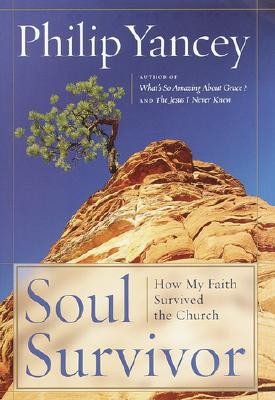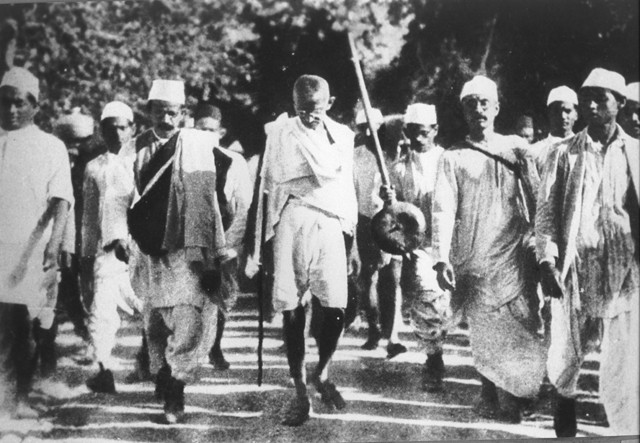Soul Survivor
 Soul Survivor provides inspiring biographical spotlights on thirteen people whose example was a lifeline to Philip Yancey. Each person influenced his understanding of Christian faith in a unique way, though not all of them were professing Christians. All of them had their struggles and failures, too. But all are remarkable exemplars and mentors, and I found myself eager to get to know some of them better myself through their writings.
Soul Survivor provides inspiring biographical spotlights on thirteen people whose example was a lifeline to Philip Yancey. Each person influenced his understanding of Christian faith in a unique way, though not all of them were professing Christians. All of them had their struggles and failures, too. But all are remarkable exemplars and mentors, and I found myself eager to get to know some of them better myself through their writings.
Some of these figures, I was already acquainted with: Martin Luther King Jr., Frederick Buechner, Annie Dillard, G.K. Chesterton, Leo Tolstoy. I had a basic knowledge of John Donne and Feodor Dostoevsky. But I find myself wanting to read more. Others were new to me: Mahatma Gandhi, Shusaku Endo, Drs. Paul Brand and Robert Coles, C. Everett Coop. Henri Nouwen is someone I have tried unsuccessfully to read, but I will certainly try again after reading more of his story here.
Yancey writes in the introduction, “I went through a period of rejection of the church and God, a conversion in reverse that felt like liberation for a time. I ended up, however, not an atheist, a refugee from the church, but as one of its advocates.” Yet there is virtually no defense of the institutional church to be found here. I think Yancey must mean the church universal, for almost all of his mentors have experienced rejection — sometimes vilification — at the hands of evangelicals. Only some of them have a church “home” in which they are comfortable. Ultimately this is a strength of the book, for it doesn’t read like a defense or justification.
This is my first read by Philip Yancey, and I appreciated several qualities very much. His writing is lively. He shares some of my own preoccupations, including the problem of pain. He shares his personal story in the first chapter, and he is very honest. He doesn’t simplify. Overall there is an integrity in his willingness to share both faults and insights, and to honor the humanity in even groups of whom the “moral majority” is fiercely critical. In this he follows the example of Jesus:
As I studied the gospels, I noticed a pattern so consistent it almost reduces to a mathematical formula. The more ungodly, unwholesome, and undesirable the person, the more that person felt attracted to Jesus. And the more righteous, self-assured, and desirable the person, the more that person felt threatened by Jesus. Just the opposite of what most people assume! Evangelical Christians hold up the ideal of a balanced, solid citizen who believes in family values and hangs out with the “right kind.” Consider who Jesus hung out with: a prostitute, an unclean man with leprosy, a moral outcast, a Roman centurion, a mixed-race woman with five divorces. Meanwhile the Pharisees — upright citizens who studied the Scriptures and scrupulously obeyed the law — the ruling establishment, the pillars of society: all these saw Jesus as a threat.
This book was not really what I expected, but I enjoyed it very much. In its pages I found people who model what it means to take the low road, to love, to refuse violence, to befriend the “wrong kind.” It is an inspiring read that will encourage you to think about who your own mentors have been.




4 Comments
Amy @ Hope Is the Word
I’ve enjoyed everything by Yancey that I’ve read.
Helene
I have read a couple of Yancey’s books. I LOVED “The Jesus I Never Knew.” I’ll have to check this one out! Thanks.
hopeinbrazil
I had seen this title but hadn’t known much about it. Thanks for posting this review.
Cathy
This sounds really interesting. I’ve read one of his books and really liked it. Great review.
Visiting from the ‘Semicolon’ blog hop : )